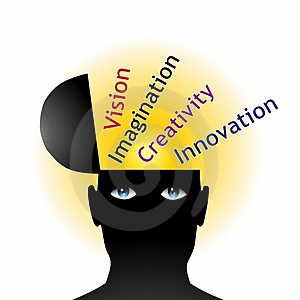Abstract
Student learning philosophies encourage critical and creative thinker. In their learning philosophy, students will think critically about the learning process in this course thus far and provide evidence of their own learning. They will explain how they view the learning process and how they determine whether they are effective learners. Students will...Download this resource to see full details. Download this resource to see full details.
Details
- Subject Area(s):
- Teaching and Learning in Sociology
- Resource Type(s):
- Assessment, Assignment, Essay
- Class Level(s):
- Any Level
- Class Size(s):
- Any
Usage Notes
Similar to our own teaching philosophies, student learning philosophies are dynamic and change over time. The assignment can be done at any level and with any class. It could be done at any point during the course. It would be particularly useful in organizing a learning portfolio. Students may have some difficulty in thinking about their own learning...Download this resource to see full details. Download this resource to see full details.
Learning Goals and Assessments
Learning Goal(s):
- Students will think critically about the learning process in this course thus far and provide evidence of their own learning.
- Students will explain how they view the learning process and how they determine whether they are an effective learner.
- Students will develop and strengthen their creative thinking by developing a learning philosophy that represents their beliefs, values, and convictions about learning without resorting to sweeping generalities and assumptions.
Goal Assessment(s):
- Students will clearly identify the level of learning that their philosophy represents and state specific goals for learning and the skills necessary for their success.
- Students will apply the knowledge that they have gained and identify examples of class activities that connect to their learning goals.
- Students will identify concrete goals for future learning and strategies for achieving these goals.
When using resources from TRAILS, please include a clear and legible citation.


